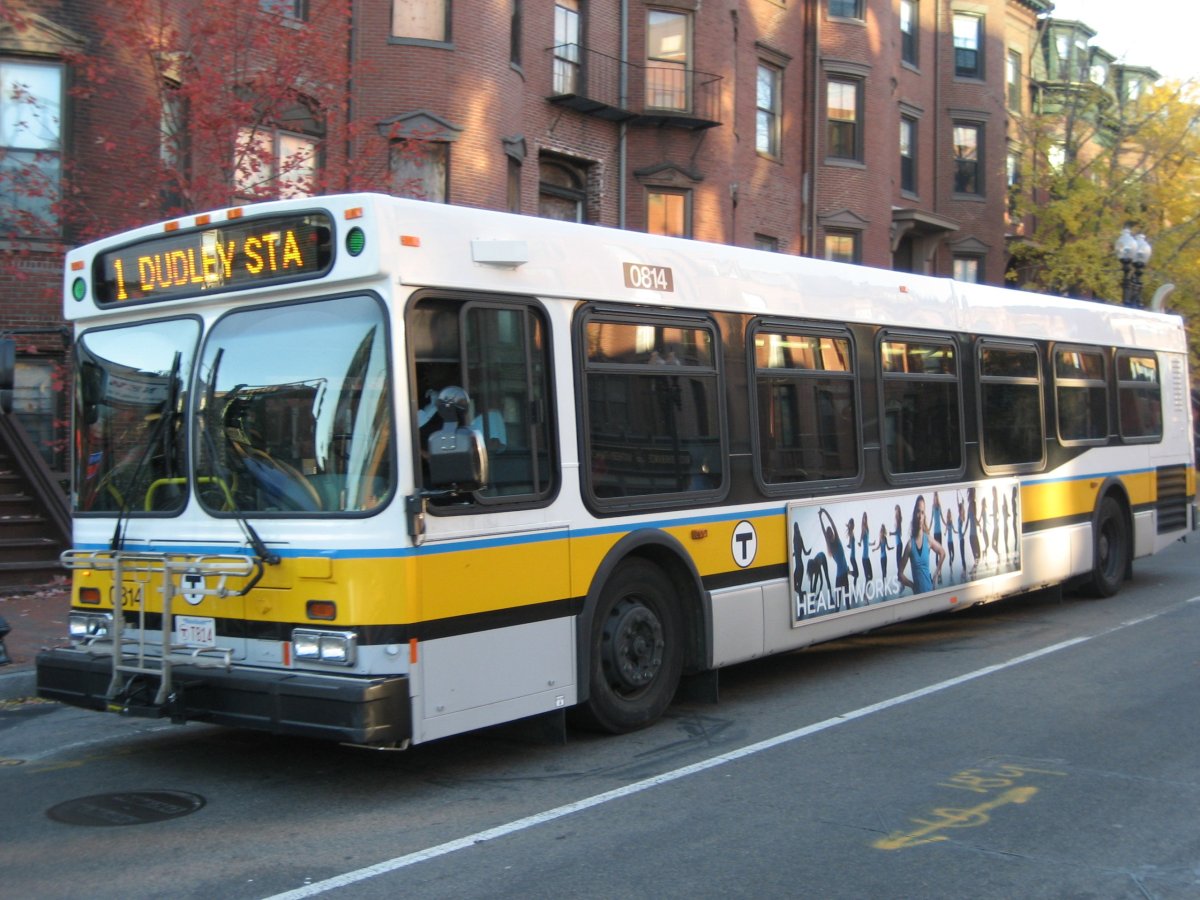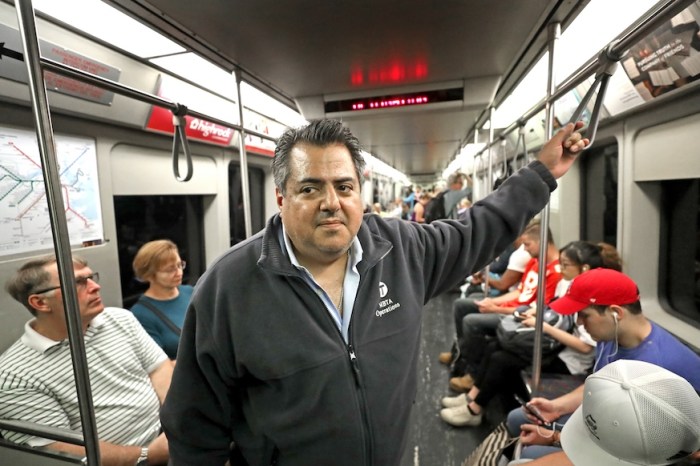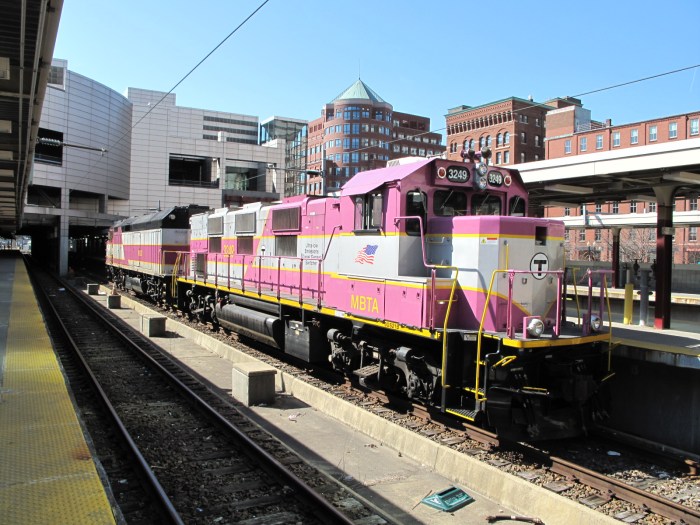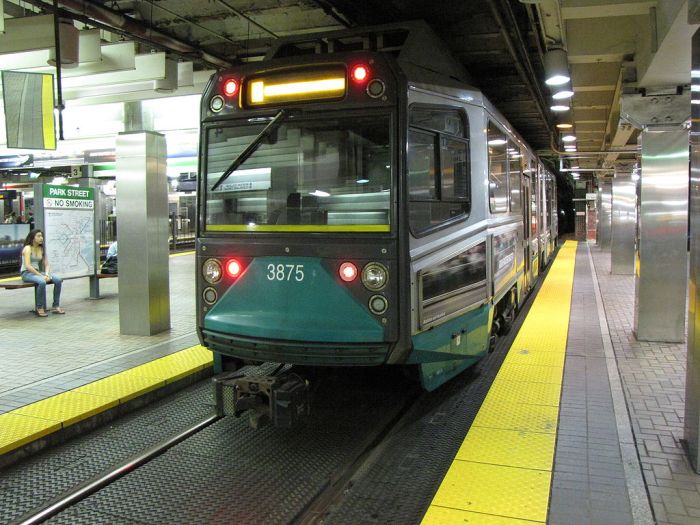The MBTA pension fund’s problems have been festering for years, but T officials this year did not include $9 million in funds needed to pay retirees and now say they’ll have to find room in their budget for that payment.
MBTA Chief Administrator Brian Shortsleeve told T officials about the funding requirement at a meeting on Monday.
“That was not in our budget. We were budgeting 18 percent of payroll. So we’re going to have to identify areas in which we can run the T more efficiently and save money to offset that,” Shortsleeve told the News Service.
The MBTA’s roughly $2 billion budget was adopted in April. In May, Shortsleeve said the fund is “in danger of running out of money,” and said it would need about $1 billion over the next 18 years to remain solvent and fulfill its obligations.
Under the new plan, the T’s pension payments will amount to about 20 percent of payroll, he said.
The T covers about 75 percent of the annual contributions to the pension fund, with workers supplying the rest, according to the T’s chief. Shortsleeve’s presentation showed that over the past two years, the T’s pension contribution grew by about $20 million. In fiscal 2016, the T contributed $74 million to the MBTA Retirement Fund, it contributed $86 million in fiscal 2017, and in fiscal 2018 the T now plans to contribute $94 million.
MBTA spokesman Joe Pesaturo said MBTA officials did not know the retirement fund would need the additional contribution when the fiscal 2018 budget was adopted in April.
“The pension fund’s management did not release the latest information on the fund’s condition until last month,” Pesaturo told the News Service.
Boston Carmen’s Union President James O’Brien pushed back against Shortsleeve’s analysis, claiming the pension fund is not in crisis.
According to O’Brien, the 4 percent projected rate of return T officials used for the pension fund was “pulled out of thin air” – although an actuary who worked with the T on its analysis said last month that the rate was based on the fund’s investment strategy, investment mix and economic factors.
Without delving into the specifics of the type of structure he would like to see in place, Shortsleeve suggested to the News Service that changes could be made to the MBTA’s retirement package so that the pension is “integrated” with Social Security benefits that retired T workers receive. Shortsleeve said policies should also be adjusted to encourage MBTA workers to work for more years.
“The state has a system that encourages you to retire later,” Shortsleeve said.
At an earlier meeting, MBTA General Counsel John Englander told the control board that the T could seek pension changes through labor negotiation, binding arbitration or turn to the Legislature to intervene.
O’Brien blamed recent T management decisions that encouraged workers to retire to generate salary savings and blamed the privatization of jobs, which he said create more demand on the fund for retirement benefits.
“They have reduced MBTA payroll by $61.5 million since 2014. And with that came a transfer of more than $72 million in payroll costs to the pension plan,” said O’Brien. The union president retired from the T on March 1, according to the Boston Globe.
O’Brien said, “It’s simple math. When you take employees off the payroll encouraging them to retire, they begin to collect their pensions. You can’t save money on payroll and complain that as a result there are more receiving pension payments.”
Shortsleeve told reporters that over the last decade, on average about 270 employees retired per year and last year there were about 370 retirements.



















